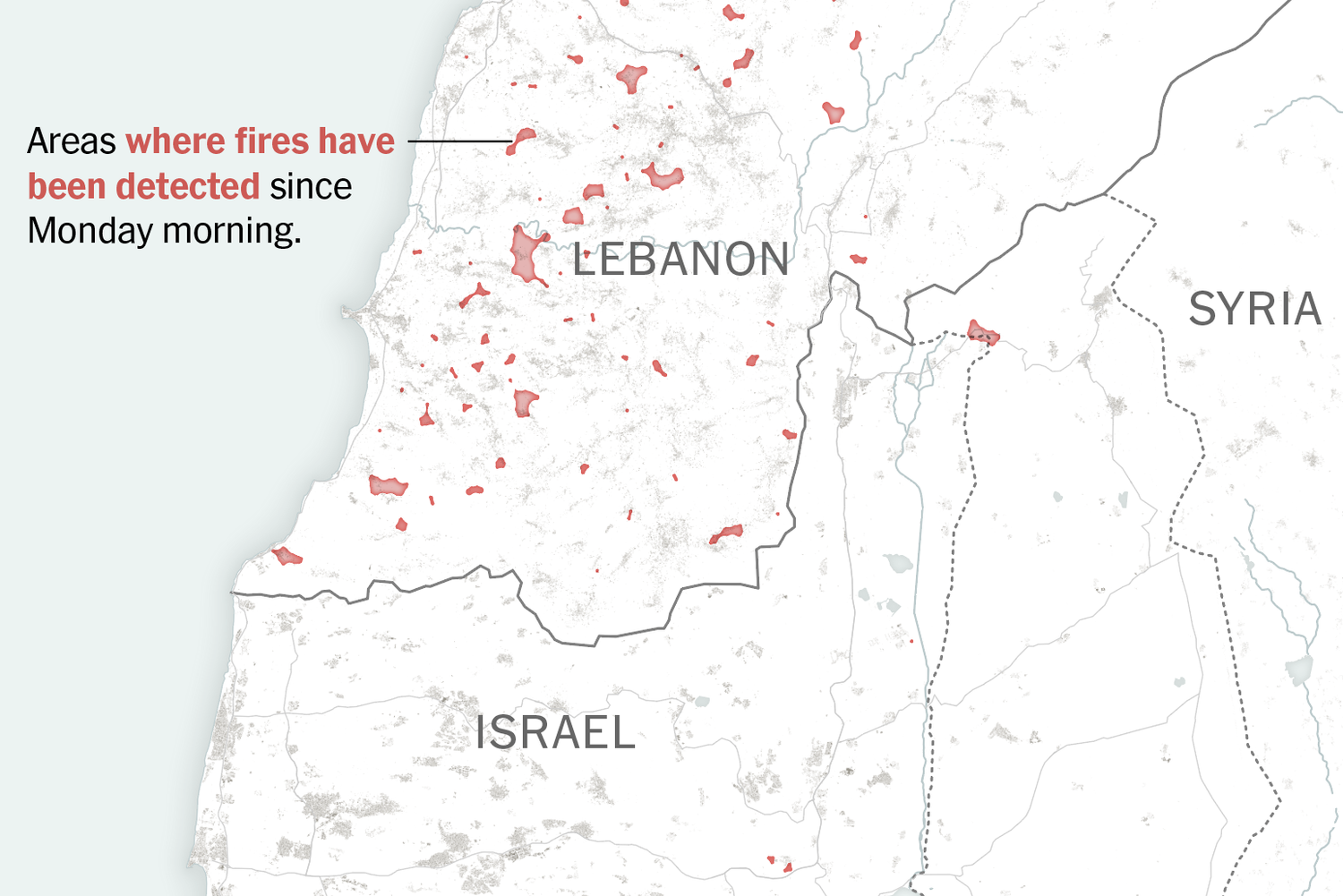Prime Minister Shehbaz Sharif has established a seven-member committee aimed at finalizing plans to reduce power tariffs by lowering taxes, following discussions with the International Monetary Fund (IMF), according to well-informed sources speaking to Business Recorder.
The committee, led by Deputy Prime Minister Senator Ishaq Dar, includes Economic Affairs Minister Ahad Khan Cheema, Finance Minister Senator Muhammad Aurangzeb, Power Minister Awais Leghari, Secretary of Power Dr. Muhammad Fakhr e Alam Irfan, Secretary of Petroleum Momin Agha, and Chairman of the Federal Board of Revenue (FBR) Rashid Langrial.
The proposal on the table involves reducing taxes from January to June 2025. However, the Finance Division has indicated that removing various federal and provincial taxes on electricity sales—estimated to cost around Rs 290 billion (approximately $1 billion) during January to July 2025—could negatively affect the government’s tax revenue commitments and its overall fiscal balance under the Extended Fund Facility (EFF).
The Finance Division has instructed the Power Division to discuss the proposal with the Revenue Division, FBR, and provincial governments before moving forward.
Sources report that taxes currently impact electricity bills by an estimated Rs 9 per unit, which burdens consumers. Rashid Langrial, as Secretary of Power, previously opposed the collection of taxes through electricity distribution companies (Discos).
The Committee’s objectives include:
- Finalizing the proposal for power tariff reduction through tax cuts based on IMF discussions.
- Engaging with stakeholders, including provincial governments and the FBR, to build consensus around the proposal.
- Presenting the proposal to the IMF and seeking its approval before extending relief to consumers.
Formed on December 16, 2024, the committee has been given one week to complete its recommendations for the Prime Minister.
Official documents indicate that taxes contribute Rs 964 billion to consumers’ electricity bills, with the federal share at Rs 391 billion and the provincial share at Rs 563 billion. The breakdown shows that sales tax accounts for Rs 708 billion, followed by various other taxes like income tax and electricity duty.
The government currently imposes a Goods and Services Tax (GST) at 18% and various income taxes based on the amount of the bill, presenting complex challenges for consumers.
Sources also mention that if all plans succeed—including canceling agreements with five independent power producers and reworking certain projects—the government anticipates a reasonable reduction in electricity bills.
















